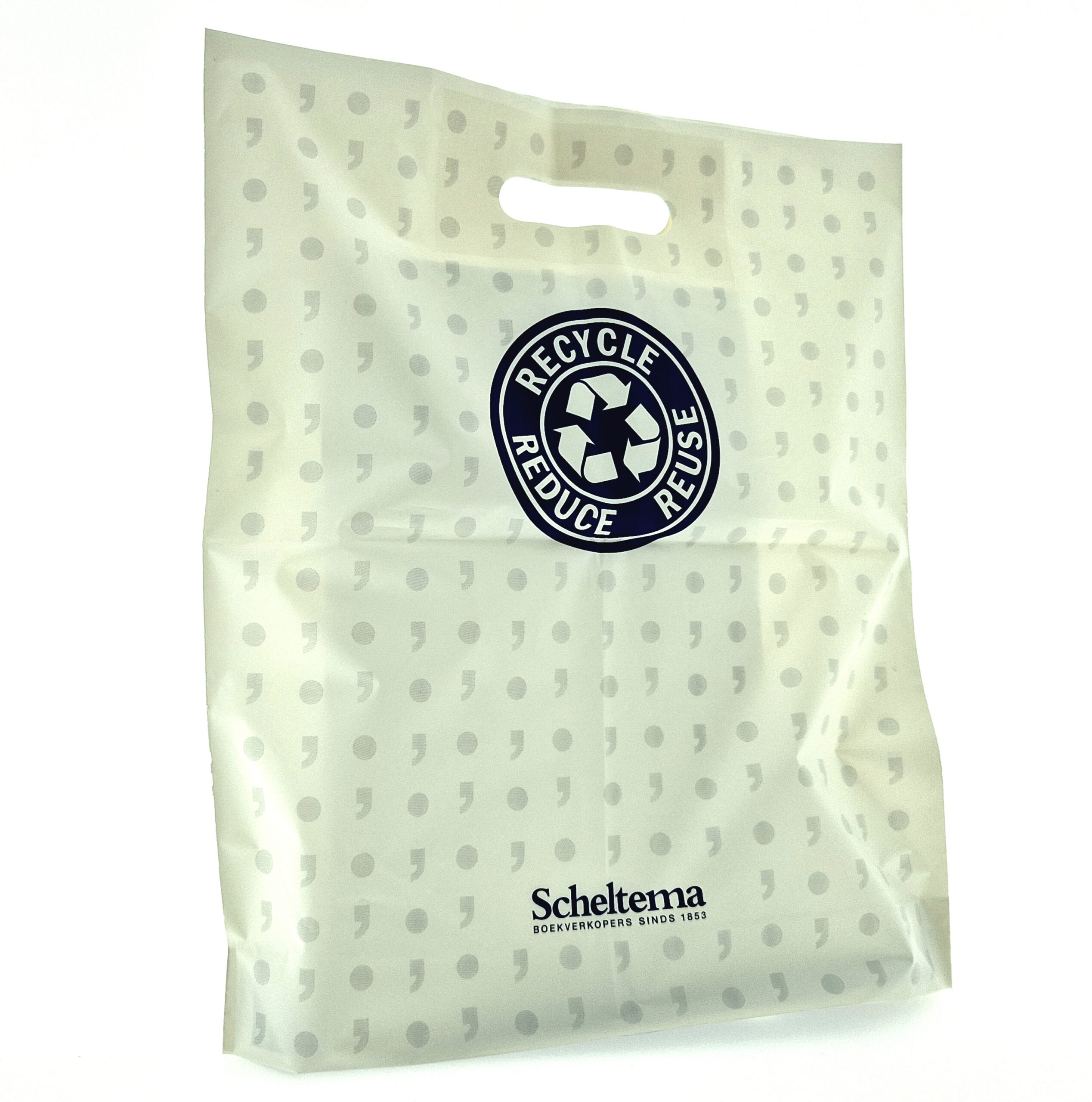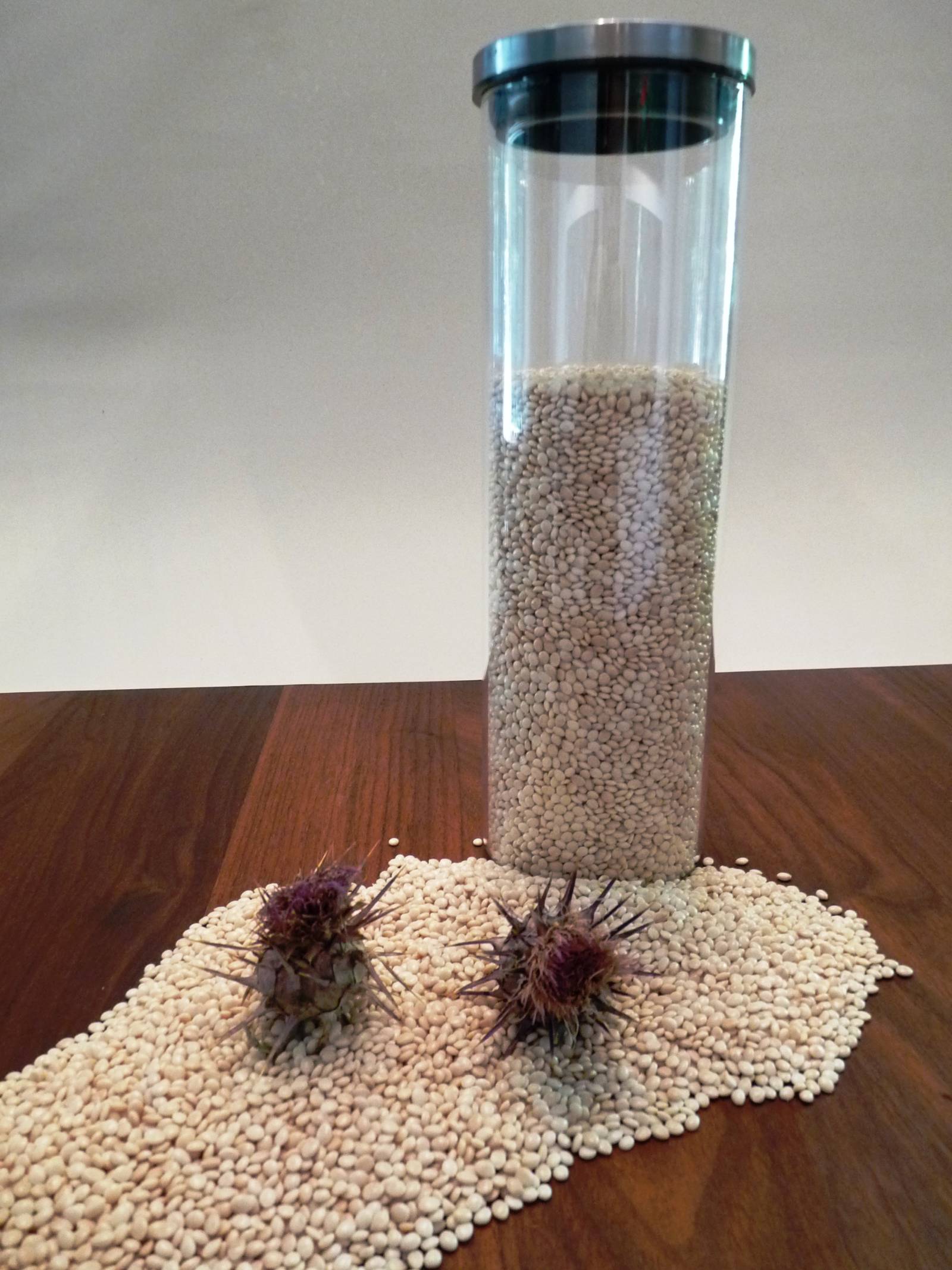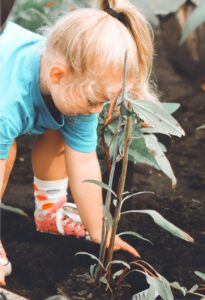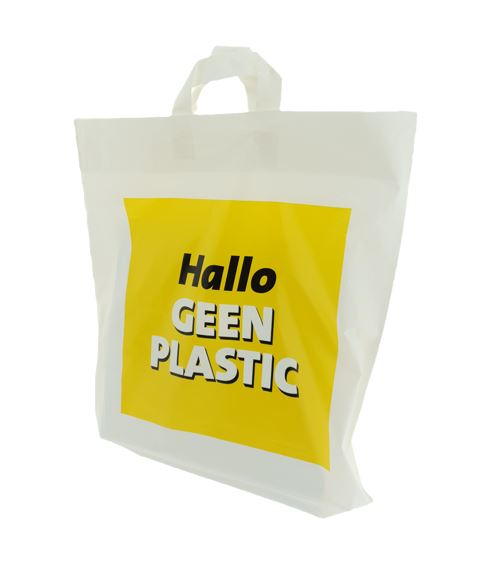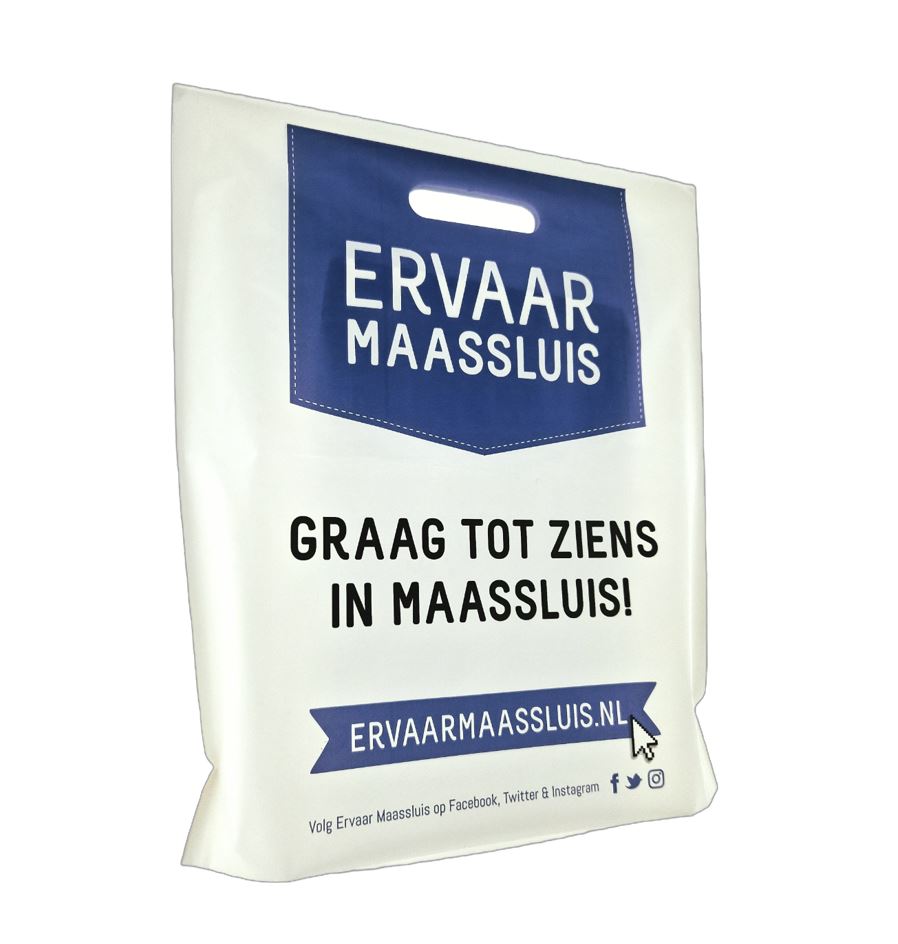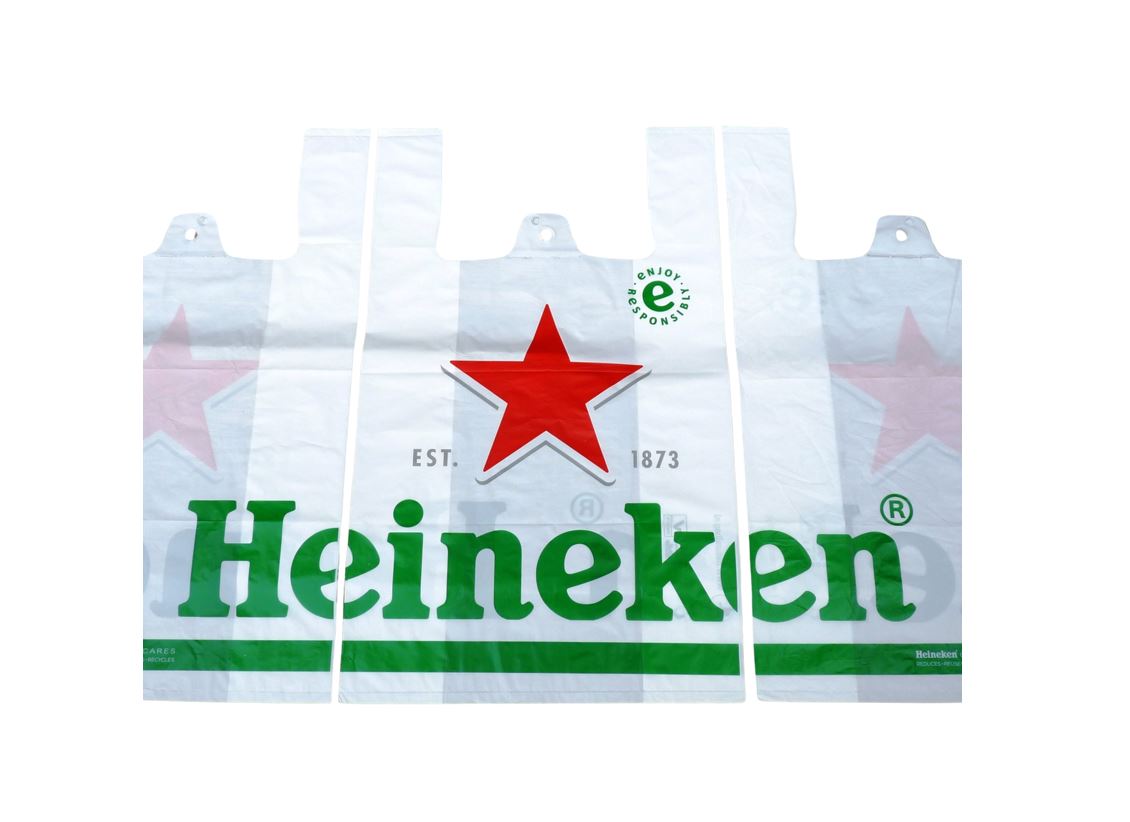There are many benefits of bioplastics: by making use of biomass (corn starch, among others) we save on fossil fuels, reduce CO2 emissions and contribute to the realization of a circular economy. Bioplastics are used in the packaging, food services, agriculture and horticulture, medicine, consumer electronics and the automotive industries.
Control of plastic waste (i.e. plastic soup) can be largely solved by the use of compostable and biodegradable materials. The remains can be used in the agricultural and horticultural sector.

